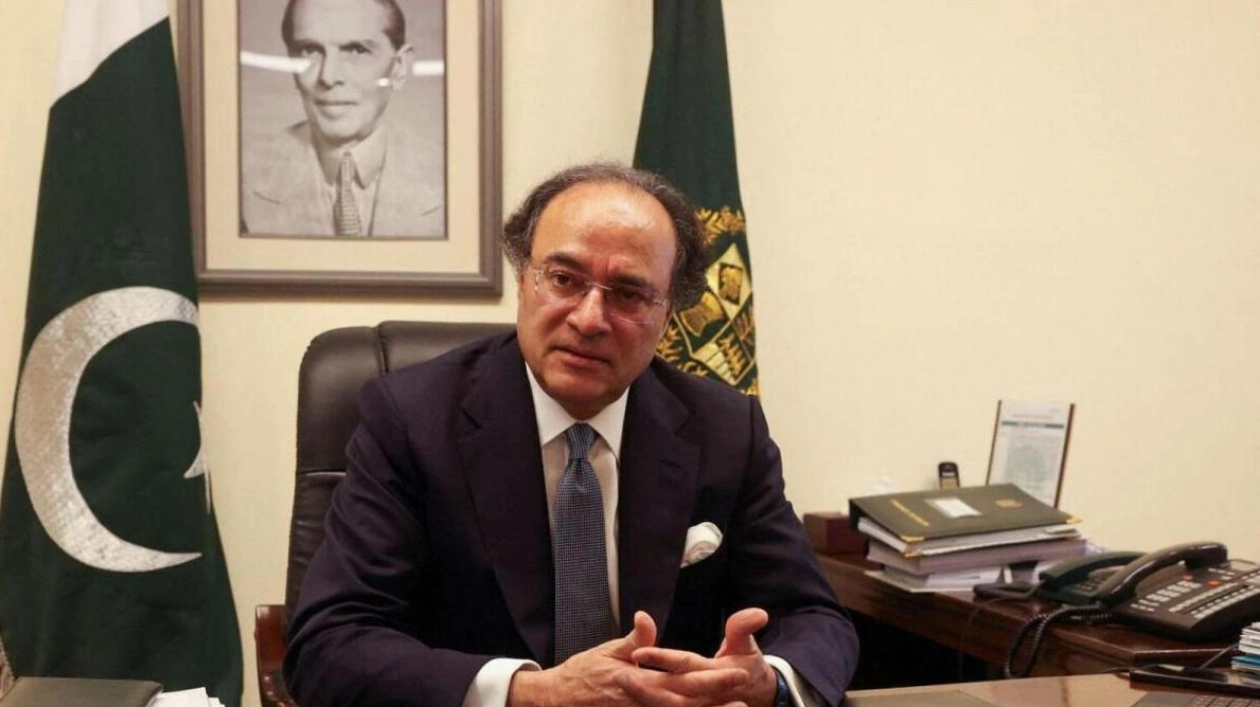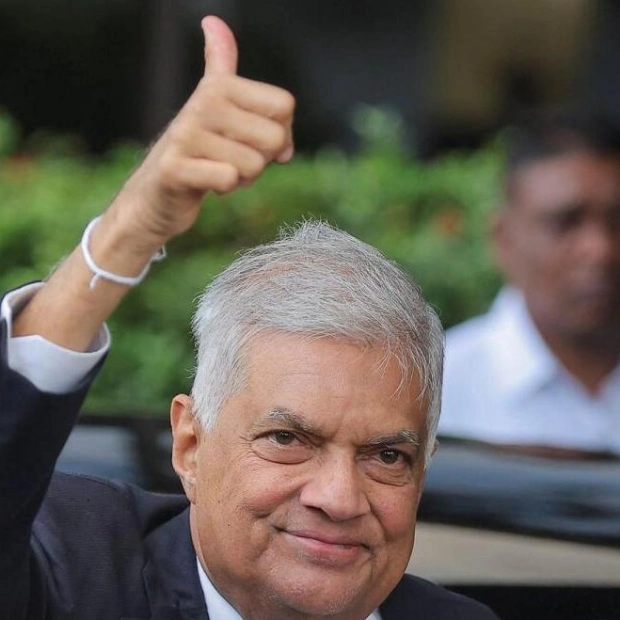Finance Minister Muhammad Aurangzeb. Photo: Reuters file
Pakistan recently engaged in discussions with the International Monetary Fund (IMF) regarding its $7 billion bailout reform agenda during an unscheduled staff visit last week, as disclosed by Finance Minister Muhammad Aurangzeb on Sunday. Notably, the minister indicated that no new taxes are expected to be imposed. The discussions in Islamabad occurred just six weeks after the IMF approved the bailout, a somewhat uncommon step as it is unusual for the fund to address reforms prior to a review of the reform plan under the loan program. The first review of Pakistan's reforms is scheduled for the first quarter of 2025.
"We deliberated on reforms in taxation, the energy sector, privatization of loss-making state-owned enterprises (SOEs), and public finance," Aurangzeb stated in a recorded video message broadcast by state-run television. Following the conclusion of the visit, the IMF expressed encouragement over Islamabad's renewed commitment to the economic reforms stipulated under the Extended Fund Facility, which its board had approved in September to mitigate vulnerabilities. Although the mission did not specify the weaknesses, sources within Pakistan's finance ministry revealed that several significant shortcomings prompted the IMF's visit. These included a revenue collection shortfall of nearly 190 billion rupees ($685 million) during the first quarter of the current fiscal year.
Additionally, the period witnessed an external financing gap of $2.5 billion, and Pakistan's attempt to sell its national airline failed. This raised concerns that Pakistan might need to impose new taxes to address the shortfall. However, Aurangzeb clarified that the shortfall will be addressed solely through enforcement to ensure taxpayers comply, implying no new revenue measures will be introduced. "We are going to be very firm on compliance and enforcement," he stated, emphasizing that all sectors must contribute to the country's economy. The IMF noted that both parties concurred on the necessity to maintain prudent fiscal and monetary policies and to mobilize revenue from untapped tax bases. Pakistan's $350 billion economy has grappled with boom-and-bust cycles for decades, necessitating 23 IMF bailouts since 1958.
Source link: https://www.khaleejtimes.com






